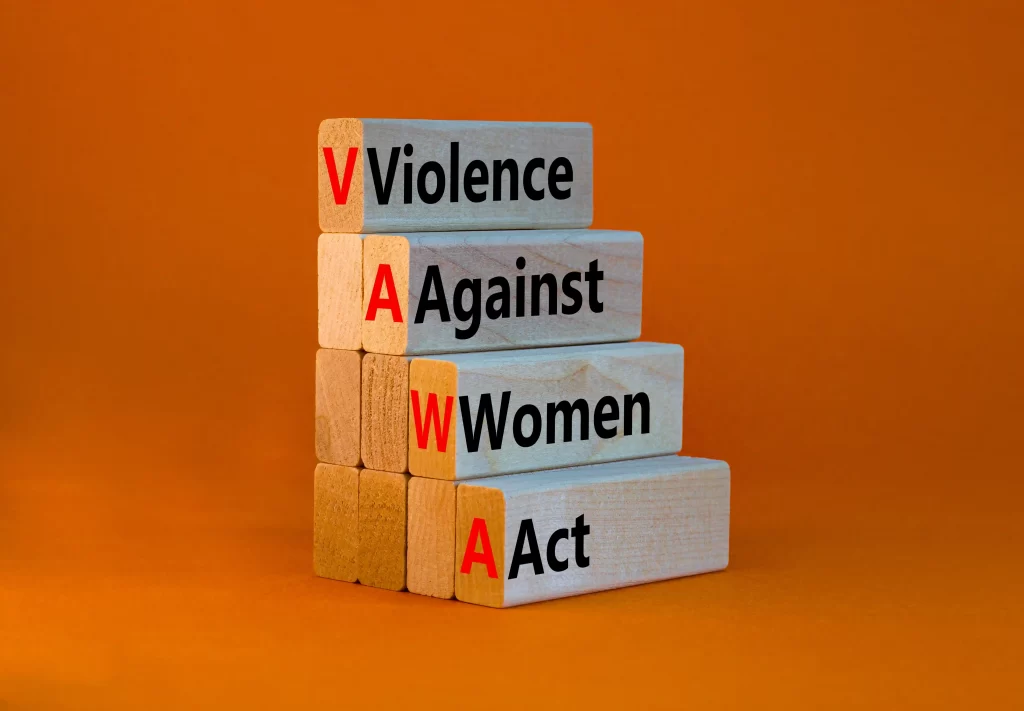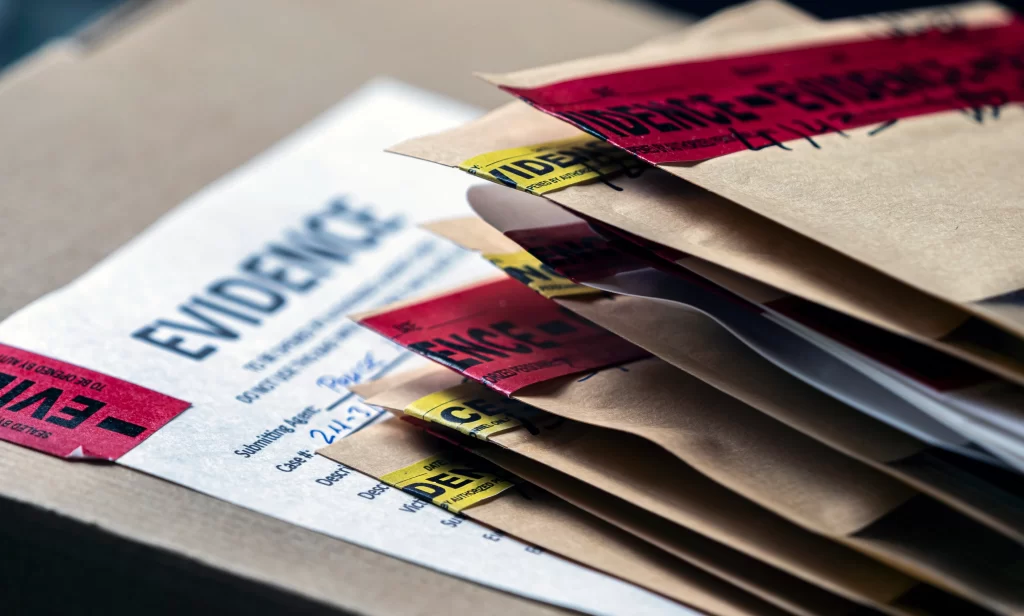Blog
Related Articles

Vawa Visa
How to become US citizen or legal resident without your spouse’s help?
A person may stay married under threats of not receiving help to become lawful or not being let to a...
 María Mendoza
María Mendoza
Published: January 23, 2023

Vawa Visa
The reality about the VAWA Visa: how to qualify, myths, risks, and considerations
Mi gente, today I want to talk to you about a crucial topic, a pathway that can help many people reg...
 María Mendoza
María Mendoza
Published: October 30, 2024

Vawa Visa
How does the VAWA visa work?
VAWA visa is one of the humanitarian visas. It’s a visa that can be convenient for different r...
 María Mendoza
María Mendoza
Published: September 21, 2023

Vawa Visa
What kind of evidence can be used to win a VAWA case?
VAWA offers the opportunity to get work permission and a migratory status that can take you up to pe...
 María Mendoza
María Mendoza
Published: February 14, 2023

Vawa Visa
3 Types of Evidence That Could Help Strengthen a VAWA Case
Many people applying for a VAWA Visa often feel fear, shame, or distrust when it comes to sharing th...
 María Mendoza
María Mendoza
Published: October 9, 2025